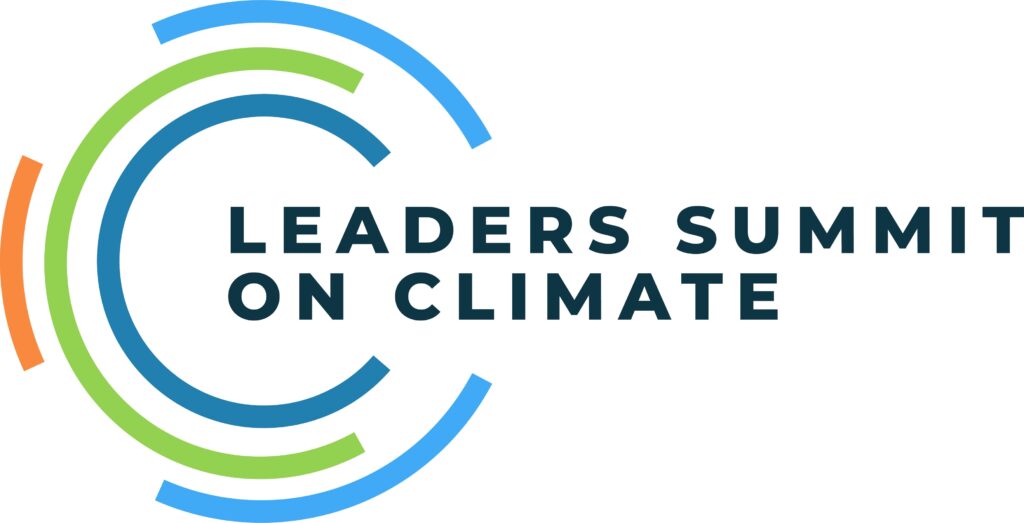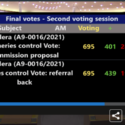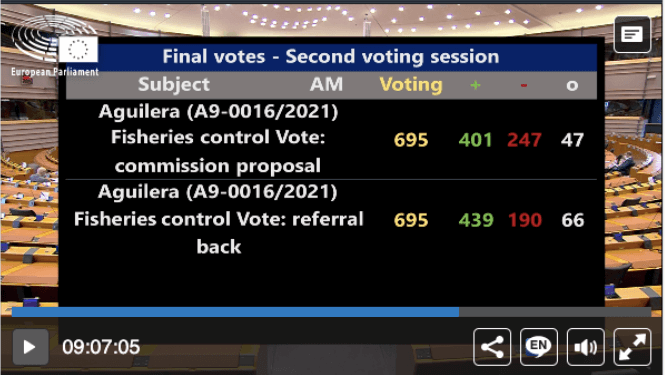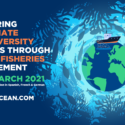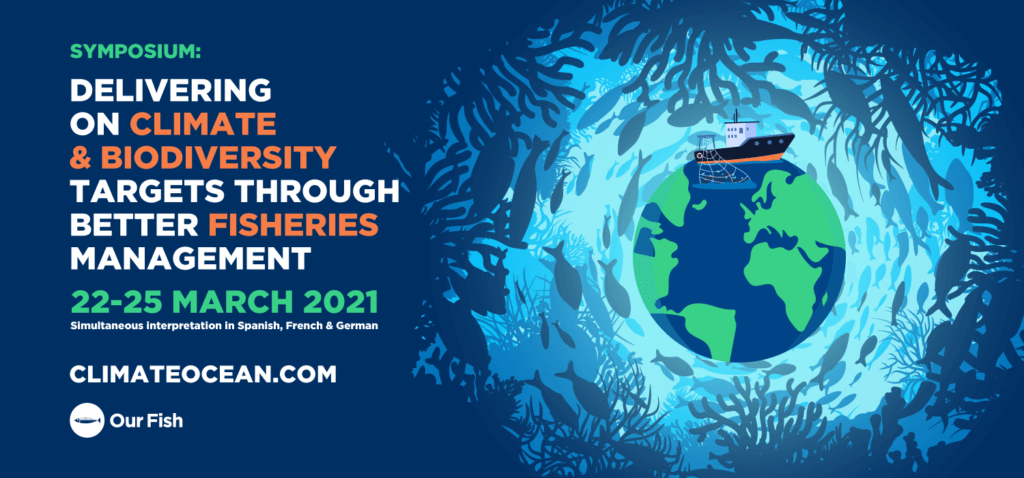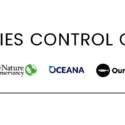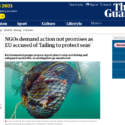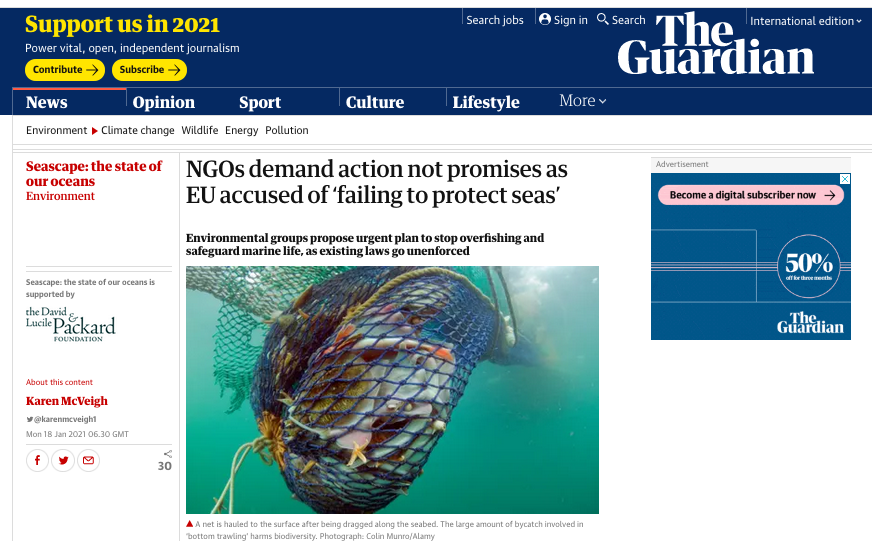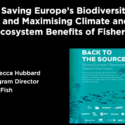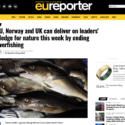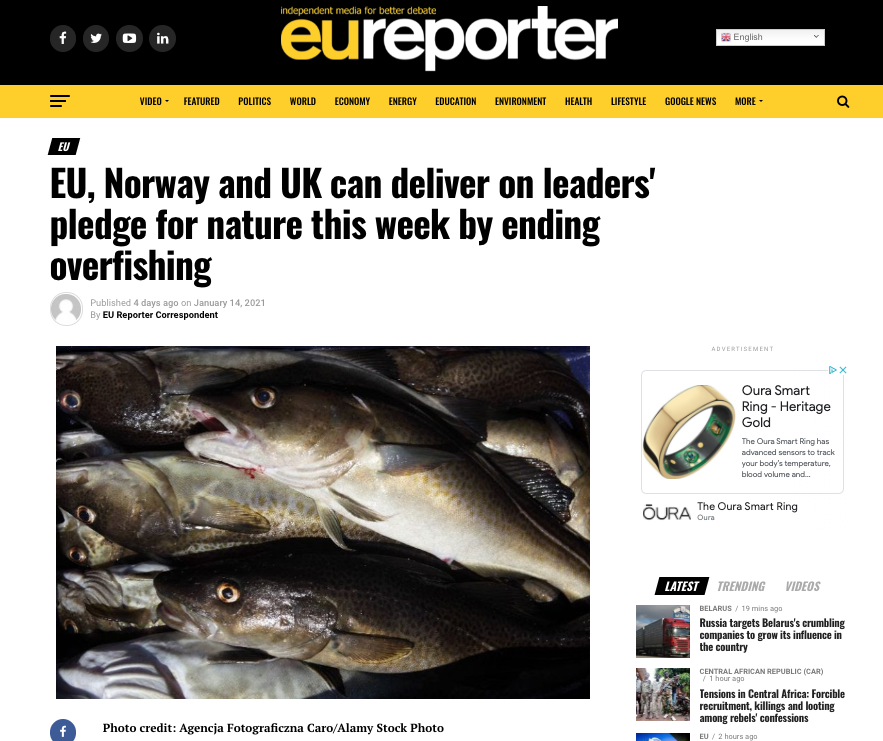
More Robust Response Urgently Needed for Long Term Problems Facing Ocean Health, say NGOs
Brussels, 17 March 2021:- The conclusion of the first post-Brexit trilateral negotiations over shared fish stocks in the North Sea between the EU, Norway and the UK has demonstrated some progress to end overfishing, but gives little cause to celebrate said Our Fish and ClientEarth today. The three Parties missed opportunities for joint rebuilding of North Sea cod, establishment of effective controls and monitoring of catches, and greater transparency.
The NGOs welcomed the setting of fishing limits at, or below the maximum advised by scientists for four out of six fish species. But they warned that a failure by all parties to stop overfishing in the North Sea overall, or to take action to prevent illegal discarding, continues to undermine the urgently needed progress to restore ocean health.
Our Fish and ClientEarth strongly recommend that fisheries management by all three parties must become more precautionary [1], especially where data are limited and compliance low, and more effectively safeguard healthy, resilient marine ecosystems [2], in order to minimise the dangers of biodiversity loss and climate chaos.
“While we welcome the agreement made by the EU, UK and Norway to follow the scientific advice for the majority of fishing limits for shared fish stocks in 2021, we remain perplexed as to why the UK did not more strongly advocate for a rapid rebuilding of the North Sea cod population, which is suffering from persistent overfishing, especially because its recovery could support a thriving coastal UK fishing community,” said Rebecca Hubbard, Our Fish Program Director.
“Setting fishing limits in line with scientific advice is crucial – but not enough unless everybody plays by the rules. In reality, while throwing dead fish back into the ocean is now largely illegal in the EU, it’s still happening at sea. To ensure actual catches are sustainable, the EU, Norway and the UK also need proper fisheries control and monitoring [3],” said Jenni Grossmann, Science and Policy Advisor at ClientEarth. “Turning a blind eye to illegal discards will lead to unsustainable catches at sea, even if fishing limits seem to follow the science on paper. Tools such as remote electronic monitoring can help fill the compliance gap.”
The EU, UK and Norway agreed to 2021 fishing limits for six jointly-managed North Sea species – cod, haddock, saithe, whiting, plaice and herring [4]. Total Annual Catches (TAC) for saithe, whiting, plaice and haddock were set at or below the maximum advice from scientists. However, Our Fish and ClientEarth called the setting of the limit for North Sea cod 8% above scientific advice “deeply concerning”, due to the long-term overfishing of this population and the three parties’ acknowledgement that illegal discarding poses an ongoing risk to the health of all fish populations. In addition, some of the herring TACs jeopardise the vulnerable Western Baltic Spring Spawning herring for which scientists advised zero catches.
Behind Closed Doors
Transparency of, and privileged industry influence to, the negotiations between the EU and third countries remain an issue of concern for NGOs. As in previous years, the EU Commission rejected NGO applications to officially join the EU delegation for the negotiations, suggesting that NGOs instead ask Member States to include them. However, while members of the fishing industry retain exclusive access to all Member State delegations, no Member State agreed to include civil society organisations. NGOs instead receive separate briefings from the Commission and UK delegation.
“The failure of the EU to grant NGOs equal access to these negotiations, while allowing the fishing industry carte-blanche involvement, is a blight on the otherwise improving EU reputation for fisheries management. We cannot have true transparency and accountability for setting fishing quotas if industry has an unquestioned place at the negotiating table, while civil society can only gain access at the whim of individual Member States. While Commissioner Sinkevičius has signalled support for equal stakeholder access going forward, Member States continue to refuse, and the issue remains unresolved,” said Ms Hubbard.
“The reality is that small-step improvements will not rebuild fisheries overnight – chronic overfishing and increasing impacts from climate change mean that the EU, Norway and the UK must all make extraordinary efforts to urgently transition to ecosystem-based management, if we are to restore ocean health and ensure sustainable fisheries help protect us from worsening climate change,” Hubbard concluded.
ENDS
Contacts:
Dave Walsh, Our Fish Communications Advisor, dave@our.fish, +34 691 826 764
Diane Vandesmet, ClientEarth Communications officer, dvandesmet@clientearth.org ; +32 493 41 22 89
Background:
In previous years, the EU and Norway normally agreed the annual fishing limits (Total Allowable Catches) for 17 shared stocks based on a long-term agreement. With the UK leaving the EU, these negotiations have become trilateral negotiations, and a new agreement has been formed to address the changes in access by the three parties. Six species are now shared between the EU, UK and Norway.
Bilateral negotiations are still taking place between the EU and UK to decide 2021 fishing limits for approximately 80 shared fish stocks. It is expected that these negotiations will continue for some weeks, and will be finalised in March.
A recent analysis of joint EU, Norwegian and UK fishing practices, published by Our Fish, demonstrates how for the last 20 years, Norway and the EU, including the UK, have consistently set annual fishing limits for shared stocks above scientific advice. On average, Total Allowable Catches (TACs) as part of the EU-Norway Agreement exceed scientific advice by an average of 11% between 2001 and 2020.
Ending the Blame Game Carousel: 20 Years of EU, Norway and UK Overfishing
https://our.fish/publications/ending-the-blame-game-carousel-20-years-of-eu-norway-and-uk-overfishing/
Notes:
[1] ClientEarth (2020). Caution! A TAC-Setter’s Guide to the ‘Precautionary Approach’. December 2020. https://www.clientearth.org/latest/documents/caution-a-tac-setter-s-guide-to-the-precautionary-approach/
ClientEarth (2020). How (not) to implement the ecosystem-based approach when setting Total Allowable Catches (TACs). December 2020. https://www.clientearth.org/latest/documents/how-not-to-implement-the-ecosystem-based-approach-when-setting-total-allowable-catches-tacs/
“Fisheries management under the European Union’s Common Fisheries Policy (CFP) has to follow the ‘precautionary approach’. This means that uncertainty or a lack of knowledge or data cannot justify delaying or failing to take action to conserve fish stocks and the ecosystems they depend on. Decision-makers need to be more, not less, cautious when information is more limited.”
[2] ClientEarth (2020). How (not) to implement the ecosystem-based approach when setting Total Allowable Catches (TACs). December 2020. https://www.clientearth.org/latest/documents/how-not-to-implement-the-ecosystem-based-approach-when-setting-total-allowable-catches-tacs/
[3] ClientEarth (2020). Setting Total Allowable Catches (TACs) in the context of the Landing Obligation. July 2020. https://www.clientearth.org/latest/documents/setting-total-allowable-catches-tacs-in-the-context-of-the-landing-obligation/
ClientEarth (2020). (Lack of) catch documentation under the landing obligation and how exemptions may defeat rather than prove the rule. December 2020. https://www.clientearth.org/latest/documents/lack-of-catch-documentation-under-the-landing-obligation-and-how-exemptions-may-defeat-rather-than-prove-the-rule/
AGRIFISH Press Briefing: How EU Decisions On Fishing Quotas Will Set Tone for 2021. https://www.youtube.com/watch?v=Cw783NtRdCg&feature=youtu.be This short 5 min presentation (starting at 15:35) visualises the risk that catch-based TACs pose in combination with illegal discards.
[4] AGREED RECORD OF FISHERIES CONSULTATIONS BETWEEN THE EUROPEAN UNION, NORWAY AND THE UNITED KINGDOM FOR 2021, 16 MARCH 2021,
https://ec.europa.eu/fisheries/cfp/international/agreements/norway
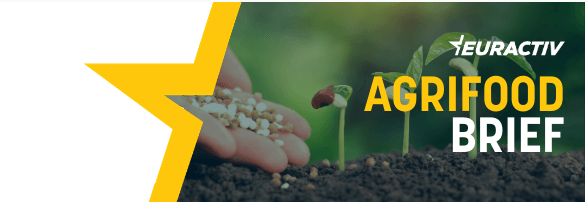 From Euractive Agrifood newsletter, 21 May 2021:
From Euractive Agrifood newsletter, 21 May 2021:

